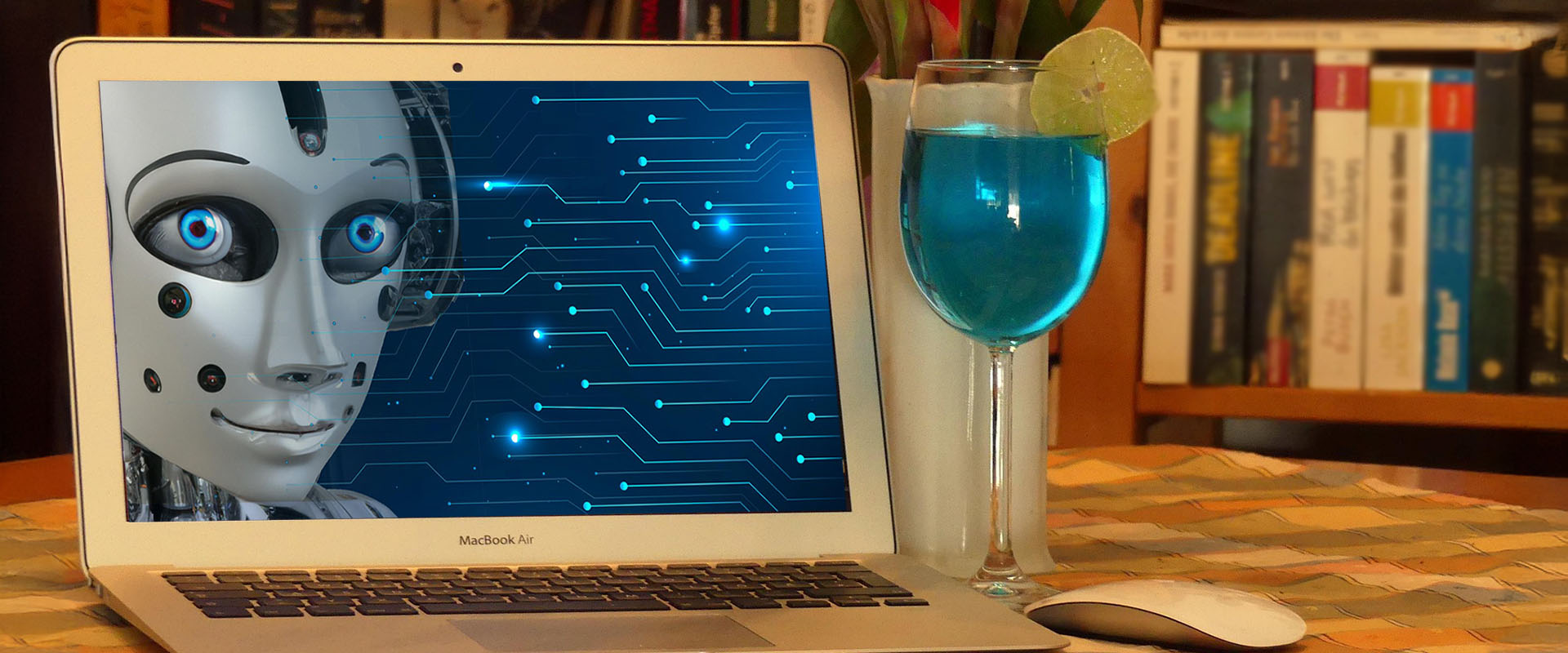The D.C. Circuit recently ruled that intellectual property (IP) works created solely by artificial intelligence (AI) are ineligible for copyright protection. This ruling, while affirming the traditional requirement of human authorship, is of particular interest to Ludwig APC as it raises profound questions about the future of creativity, ownership, and the role of AI in artistic and intellectual endeavors.
How We See It
For IP creators and owners, the ruling represents both a safeguard and a challenge. On one hand, it reaffirms the primacy of human creativity, ensuring that the protections afforded by copyright law continue to incentivize individual and collaborative efforts. This clarity is essential for maintaining the value of creative works in industries ranging from publishing to entertainment.
But the decision also signals the need for greater vigilance as AI becomes increasingly a part of the creative process. For creators who use various AI tools, questions about the extent of human contribution required for copyright eligibility now become critical. Absent clear guidelines, the risk of disputes over ownership and authorship are likely to increase, particularly when commercializing creative outputs.
The ruling also underscores the growing need for IP law firms like Ludwig APC to navigate the complexities of AI’s role in creative processes. As advisers, we must be prepared to counsel clients on how AI involvement affects copyright eligibility and explore alternative legal protections for AI-driven innovations. Additionally, this decision positions law firms as key players in shaping policy discussions concerning AI and IP rights as technology continues to evolve, highlighting the importance of staying on top of the latest legal and technological developments.
About The Case
The case at the center of this recent ruling revolves around Dr. Stephen Thaler, a computer scientist and the creator of the “Creativity Machine”—an AI system designed to generate original works of art. One such creation, titled A Recent Entrance to Paradise, became the focal point of a legal battle when Dr. Thaler sought copyright registration for the artwork. In his application, he listed the Creativity Machine as the sole author, with himself as the owner of the copyright.
The U.S. Copyright Office denied the application, citing the necessity of human authorship under the Copyright Act. Dr. Thaler challenged this decision, arguing that the law should evolve to recognize AI-generated works. However, the D.C. Circuit upheld the Copyright Office’s stance, emphasizing that the Copyright Act requires authorship by a human being.
The Court’s Reasoning
The court’s opinion, authored by Judge Patricia A. Millett, delved into the language and intent of the Copyright Act. The Act’s provisions, such as the duration of copyright tied to an author’s lifespan, implicitly assume human authorship. Judge Millett noted that machines lack the attributes—such as lifespans, domiciles, and the ability to own property—that are integral to the concept of authorship under the law.
The court also highlighted the broader purpose of copyright law: to incentivize human creativity. By granting exclusive rights to creators, copyright law encourages individuals to invest time and effort into producing original works. Extending these rights to AI-generated works, the court suggested, could undermine this incentive structure.
Implications for IP Law
While the ruling reaffirms traditional boundaries of copyright law, it also leaves several questions unanswered. For example, what level of human involvement is required for a work to qualify for copyright protection? The court did not address this issue, focusing instead on the specific facts of Dr. Thaler’s case, where the AI system was listed as the sole author.
Such ambiguity is particularly relevant as AI tools become increasingly sophisticated and integrated into creative processes. Many artists, writers, and musicians now use AI to assist in their work, blurring the lines between human and machine contributions. Future cases will likely grapple with these “hybrid” works, where human creators use AI as a tool—as they would a word processor or search engine—rather than an autonomous author.
Also, IP owners who invest in AI-driven innovation must consider the implications of this ruling on their business models. The inability to secure copyright protection for purely AI-generated works could impact strategies for monetizing these creations, prompting a need for alternative approaches, such as trade secrets or contractual agreements.
Looking Ahead
The D.C. Circuit’s ruling is part of a broader global conversation that’s now taking place about the role of AI in IP. Similar debates are unfolding where courts have consistently held that only human inventors can obtain patents. However, some experts argue that denying copyright protection to AI-generated works could discourage innovation, as creators may be less inclined to invest in AI technologies without the assurance of IP rights. Others contend that recognizing AI as an author could dilute the value of human creativity and complicate enforcement mechanisms.
The D.C. Circuit’s decision is unlikely to be the final word on this issue. As stakeholders navigate the complexities of balancing human creativity, AI innovation, and public interest, the idea of granting AI-generated works a distinct form of protection, separate from traditional copyrights, is being explored.
Let’s Work Together: Global Experience, Personal Focus
Ludwig APC brings decades of global experience in asserting and defending IP rights. Our expertise extends to guiding clients through the legal, regulatory, and creative complexities of using AI in the creative process. Contact Ludwig APC today at (619) 929-0873 or consultation@ludwigiplaw.com to arrange a free consultation to discuss your needs.



